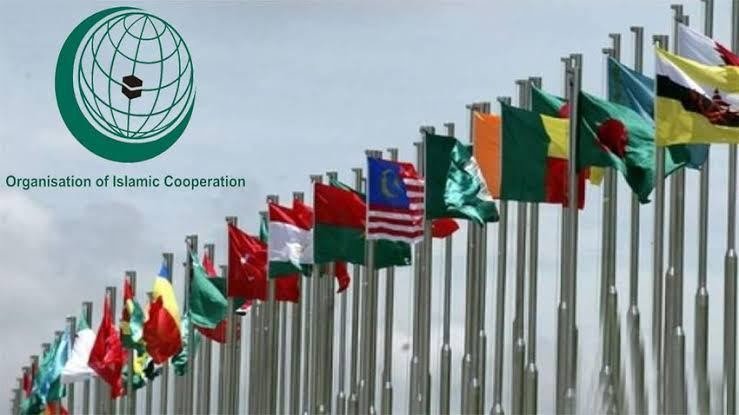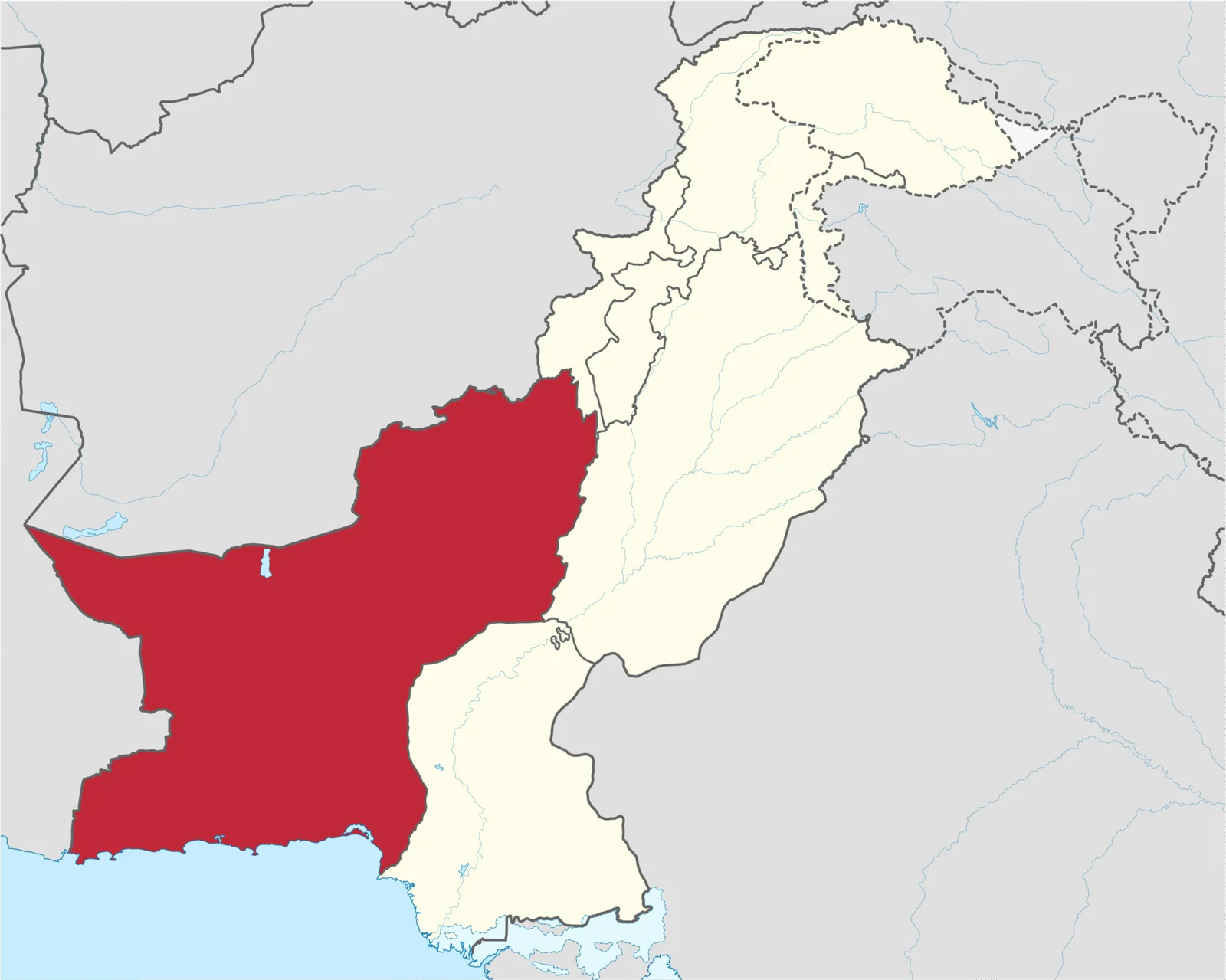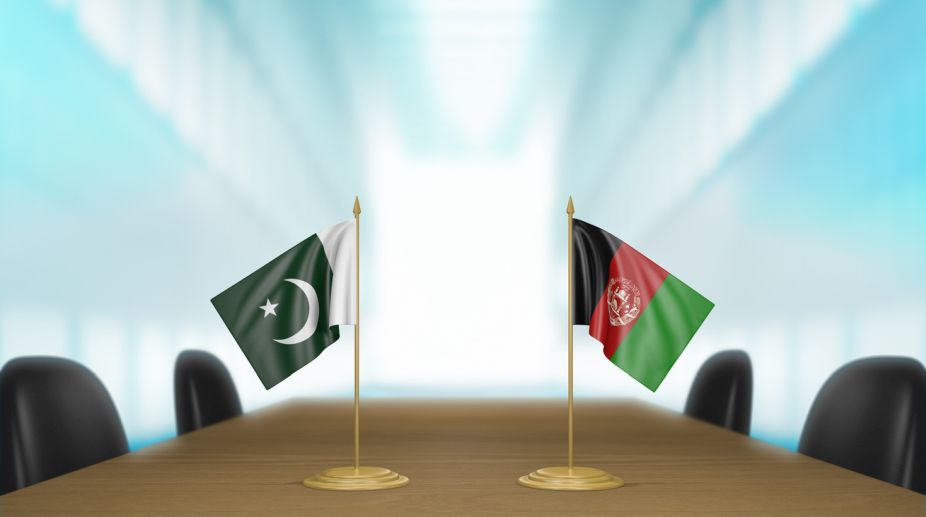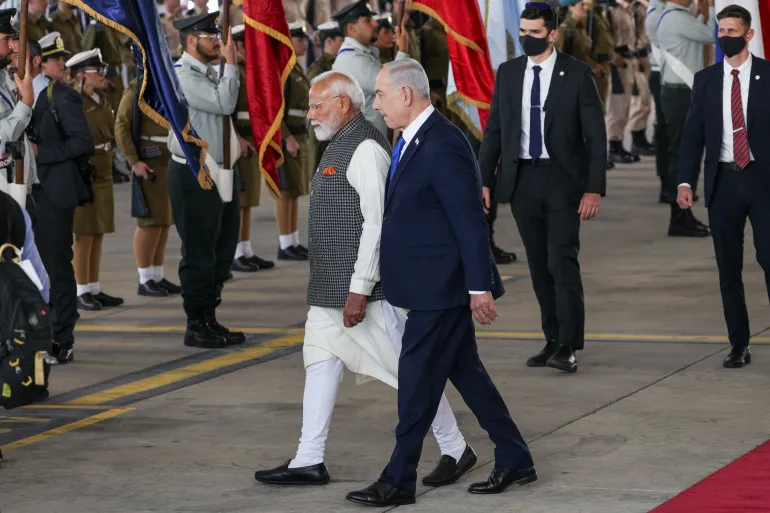Editorial
The Organisation of Islamic Cooperation (OIC)’s statement denouncing the construction and inauguration of the Ram Temple in Ayodhya holds significant weight due to its representation of 57 Muslim-majority nations. However, a nuanced critique reveals the complex interplay of religious sentiment, political agendas, and historical grievances within this polarizing issue. The OIC rightly highlights the historical and religious significance of the Babri Masjid, standing for five centuries as an Islamic landmark. Its demolition and subsequent temple construction are viewed as a violation of Muslim heritage and identity.
The statement expresses concern about growing majoritarianism in India and potential threats to other Muslim landmarks. This taps into anxieties over India’s secular principles and the protection of religious minorities.
India’s Supreme Court in 2019 awarded the disputed land to a Hindu trust, acknowledging Hindu claims over the birthplace of Lord Ram. This legal process, albeit contested, offers a different perspective on ownership and religious rights. The Ram Mandir issue has been a long-standing political agenda for the BJP, fulfilling a decades-old promise to its Hindu base. While this fuels accusations of majoritarianism, it also reflects the aspirations of a significant portion of the Indian electorate.
Pakistan’s strong condemnation, while understandable given its Muslim majority, also carries historical contention and geopolitical tensions with India. This complicates the discourse by potentially injecting external political motivations.
Constructive dialogue between Muslim and Hindu communities, facilitated by non-partisan actors, is crucial to overcome historical wounds and address grievances. India’s government must demonstrably protect the rights and safety of all religious minorities, fostering a sense of belonging and security amongst Muslim communities. International organizations can play a supportive role by encouraging open dialogue, advocating for minority rights, and promoting tolerance and understanding between communities.
Hence, the OIC’s denunciation of the Ram Temple construction raises valid concerns about religious heritage, majoritarianism, and minority rights. However, a nuanced understanding requires acknowledging the legal context, political motivations, and historical complexities surrounding this issue. Moving forward, open dialogue, inclusivity, and international support for reconciliation are key to navigating this sensitive situation and fostering a more harmonious India.
Please, subscribe to the YouTube channel of republicpolicy.com
















